Honduras has a rich history of sustainable development and environmental initiatives, with a particular focus on eco-friendly architecture. Over the years, the country has made significant progress in embracing sustainable practices and building methods. From the adoption of green construction practices to the implementation of innovative projects, Honduras is committed to creating a more sustainable and environmentally-conscious future.
Key Takeaways:
- Sustainable development in Honduras is driven by a focus on eco-friendly architecture.
- The collaboration between Zaha Hadid Architects, AKT II, and Hilson Moran is constructing environmentally sustainable residences on Roatán.
- These residences aim to integrate with local communities and use local resources to reduce carbon emissions.
- Efforts to combat deforestation and promote environmental stewardship include sustainable farming practices and reforestation initiatives.
- Honduras is committed to creating a more sustainable and environmentally-conscious future.
With a commitment to sustainable development and environmental initiatives, Honduras is making great strides in creating a greener and more sustainable future. By embracing eco-friendly architecture and implementing innovative projects, the country is setting an example for others to follow. Through collaborative efforts and a focus on local resources, Honduras is on its way towards a more sustainable and environmentally-conscious future.
Evolution of Sustainable Architecture in Honduras
Over the years, Honduras has witnessed a significant evolution in sustainable architecture, as green construction practices and sustainable building methods have become increasingly prevalent. The country has embraced environmentally-friendly initiatives, aiming to create a more sustainable and environmentally-conscious future for its communities.
One notable project that showcases Honduras’ commitment to sustainable development is the collaboration between Zaha Hadid Architects, AKT II, and Hilson Moran to construct environmentally sustainable residences on Roatán, an island off the coast of Honduras. These villas are designed with the goal of integrating with local communities and utilizing local resources to reduce carbon emissions. The project emphasizes the use of sustainable timber sourced from Honduras, contributing to the preservation of forests, alongside technological innovations for energy efficiency, such as solar panels and water filtration systems.
Furthermore, sustainable farming practices and reforestation initiatives have been implemented in rural areas of Honduras to combat deforestation and promote environmental stewardship. These efforts seek to create a balance between agricultural productivity and environmental conservation, ensuring a sustainable future for both the local communities and the natural habitats.
The adoption of green construction practices, sustainable building methods, and the implementation of eco-friendly architecture projects in Honduras demonstrate the country’s commitment to sustainable development. It is through such initiatives that Honduras aims to build a greener future, utilizing the power of collaboration, innovation, and environmental awareness to create a more sustainable and resilient nation.
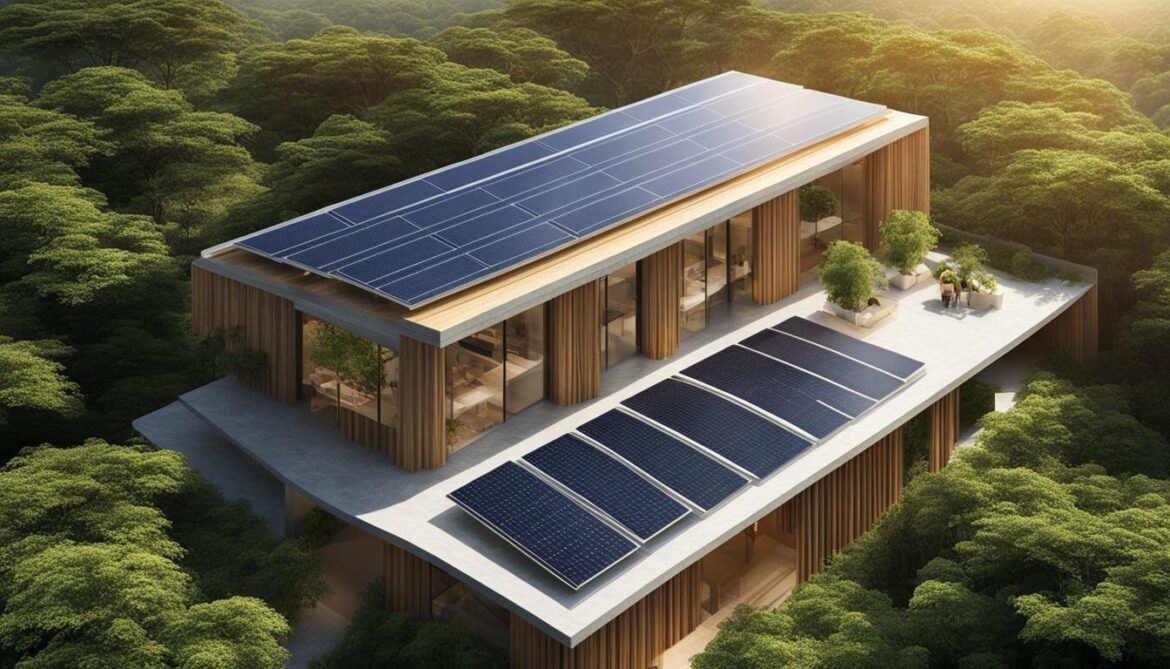
| Green Building Projects in Honduras |
Location |
| Roatán Villas |
Roatán Island |
| La Ceiba Eco-Friendly Resort |
La Ceiba |
| Sustainable Housing Community |
Tegucigalpa |
Innovative Green Building Project on Roatán
A groundbreaking green building project on the idyllic island of Roatán is making waves in Honduras, as Zaha Hadid Architects, in partnership with AKT II and Hilson Moran, spearhead the development of environmentally sustainable residences. These visionary architects are committed to integrating their designs with the natural landscape and local communities to create a harmonious and eco-friendly living environment.
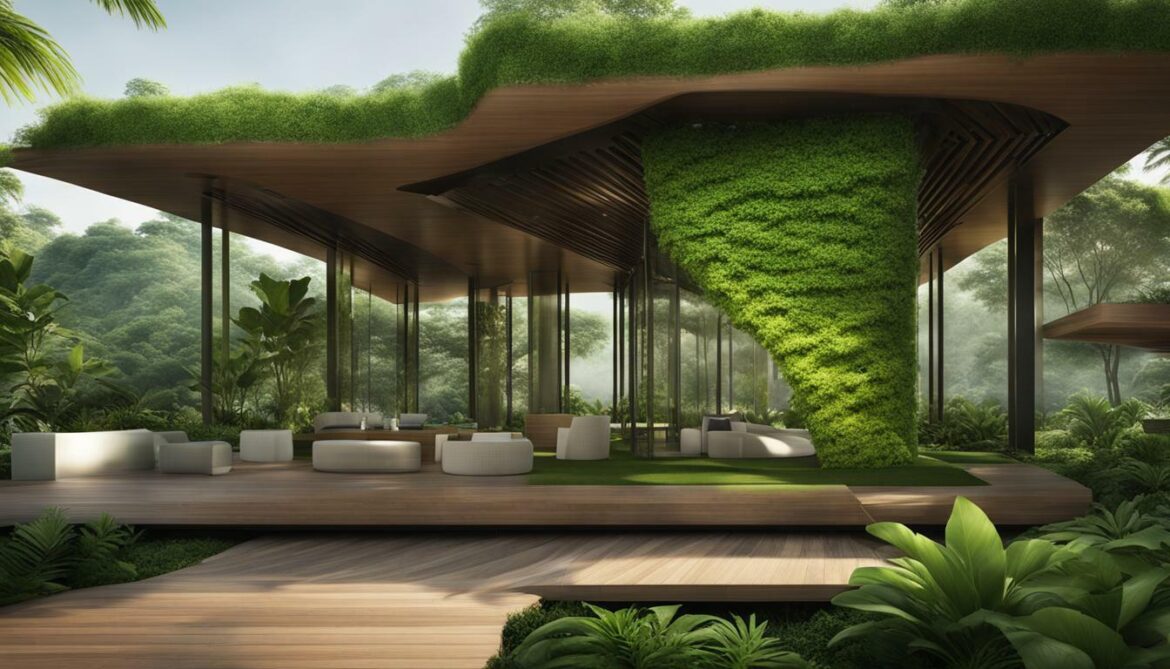
The project aims to showcase the potential of sustainable infrastructure developments in Honduras while promoting environmental awareness efforts. By utilizing sustainable timber sourced from Honduras, the construction team aims to minimize carbon emissions and support the local economy. The villas are designed to maximize energy efficiency, with the incorporation of solar panels and water filtration systems, reducing the reliance on non-renewable resources.
Furthermore, this initiative goes beyond sustainable architecture by encouraging sustainable farming practices and reforestation initiatives. These efforts aim to combat deforestation and promote environmental stewardship among local communities. With an emphasis on preserving the natural beauty of Roatán, the project serves as a beacon of hope for the future of sustainable development in Honduras.
The Future of Green Building in Honduras
As the green building movement gains momentum in Honduras, innovative projects like this one on Roatán are paving the way for a more sustainable and environmentally-conscious future. By harnessing the power of architectural ingenuity and incorporating eco-friendly technologies and practices, the country is taking crucial steps towards a greener and cleaner tomorrow.
Combating Deforestation and Promoting Environmental Stewardship
Recognizing the importance of combating deforestation and promoting environmental stewardship, Honduras has implemented sustainable farming practices, reforestation initiatives, and various other green initiatives. These efforts are aimed at preserving Honduras’ rich biodiversity and ensuring a sustainable future for the country.
In rural areas of Honduras, sustainable farming practices have been introduced to minimize the negative impact of agriculture on the environment. Farmers are encouraged to adopt organic farming methods and reduce their use of chemicals and pesticides. This not only helps to protect the health of the land and water sources but also promotes healthier produce for consumption. By implementing sustainable farming practices, Honduras is working towards achieving a more balanced and environmentally-friendly agricultural sector.
Reforestation initiatives have also played a crucial role in combating deforestation in Honduras. With a focus on planting native tree species, these initiatives aim to restore and expand forest cover, providing habitat for wildlife and mitigating the effects of climate change. By actively involving local communities in reforestation efforts, Honduras is fostering a sense of environmental stewardship and encouraging sustainable practices among its citizens.
Furthermore, Honduras has implemented various other green initiatives to promote environmental sustainability. This includes the development of protected areas and national parks, the promotion of eco-tourism, and the implementation of waste management programs. These initiatives not only contribute to the preservation of Honduras’ natural beauty but also support the country’s sustainable development goals.
| Initiatives |
Description |
| Sustainable Farming Practices |
Promoting organic farming methods and reducing the use of chemicals and pesticides in agricultural practices. |
| Reforestation |
Planting native tree species to restore and expand forest cover, mitigating climate change effects and providing habitat for wildlife. |
| Protected Areas |
Creating and managing protected areas and national parks to conserve biodiversity and promote eco-tourism. |
| Waste Management |
Implementing waste management programs to minimize pollution and promote recycling and proper disposal of waste. |
In conclusion, Honduras is taking significant steps to combat deforestation and promote environmental stewardship through sustainable farming practices, reforestation initiatives, and various other green initiatives. These efforts are not only crucial for preserving the country’s natural resources and biodiversity but also for creating a more sustainable and environmentally-conscious future for Honduras.

The green building movement in Honduras, coupled with environmental initiatives, has significantly contributed to a more sustainable and environmentally-conscious future for the country. The development of sustainable and environmentally-friendly architecture in recent years has been a key driver in this positive change.
One notable project that exemplifies this commitment to sustainability is the collaboration between Zaha Hadid Architects, AKT II, and Hilson Moran in constructing environmentally sustainable residences on Roatán, an island off the coast of Honduras. The design of these villas prioritizes integration with local communities and the use of local resources to reduce carbon emissions. Sustainable timber sourced from Honduras and technological innovations such as solar panels and water filtration systems are being implemented to enhance energy efficiency.
In addition to green building projects, efforts to combat deforestation and promote environmental stewardship have been implemented in rural areas of Honduras. Sustainable farming practices and reforestation initiatives are being undertaken to preserve natural habitats and promote a more sustainable agricultural industry.
As Honduras continues to embrace sustainable development and adopt eco-friendly architecture practices, the country is setting an example for other nations. With a focus on integrating with local communities and leveraging local resources, Honduras is navigating towards a greener, more sustainable future.
FAQ
What is the history of green building in Honduras?
Honduras has seen the development of sustainable and environmentally-friendly architecture in recent years. This section provides an overview of the history of green building in Honduras, highlighting sustainable development initiatives and eco-friendly architecture projects.
How has sustainable architecture evolved in Honduras?
Sustainable architecture in Honduras has evolved with the adoption of green construction practices, the development of sustainable building methods, and the realization of notable green building projects in the country. This section explores the evolution of sustainable architecture in Honduras.
Can you tell me about a specific green building project in Honduras?
Zaha Hadid Architects, in collaboration with AKT II and Hilson Moran, are constructing environmentally sustainable residences on Roatán, an island off the coast of Honduras. This section focuses on the innovative green building project on Roatán, highlighting the work of these renowned architects and the project’s emphasis on environmental awareness and sustainable infrastructure developments.
What is being done in Honduras to combat deforestation and promote environmental stewardship?
There are efforts in Honduras to combat deforestation and promote environmental stewardship, such as sustainable farming practices and reforestation initiatives. This section discusses these initiatives and other green initiatives in the country.
What is the impact of green building practices and environmental initiatives in Honduras?
Green building practices and environmental initiatives in Honduras have a positive impact on sustainable development and environmental stewardship. This section provides a summary of the article, emphasizing the importance and benefits of these practices and initiatives in creating a more sustainable and environmentally-conscious future for the country.
Source Links


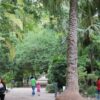
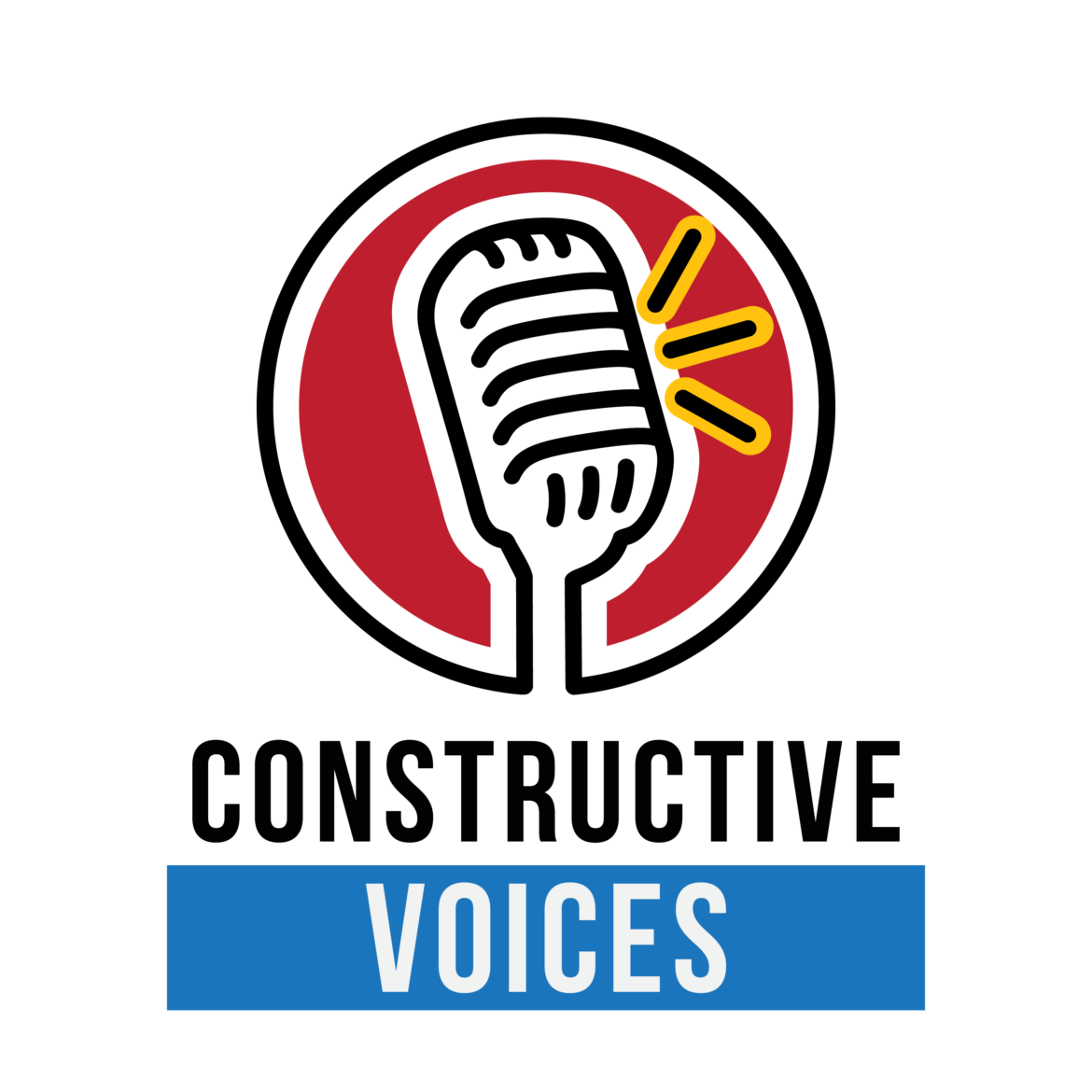


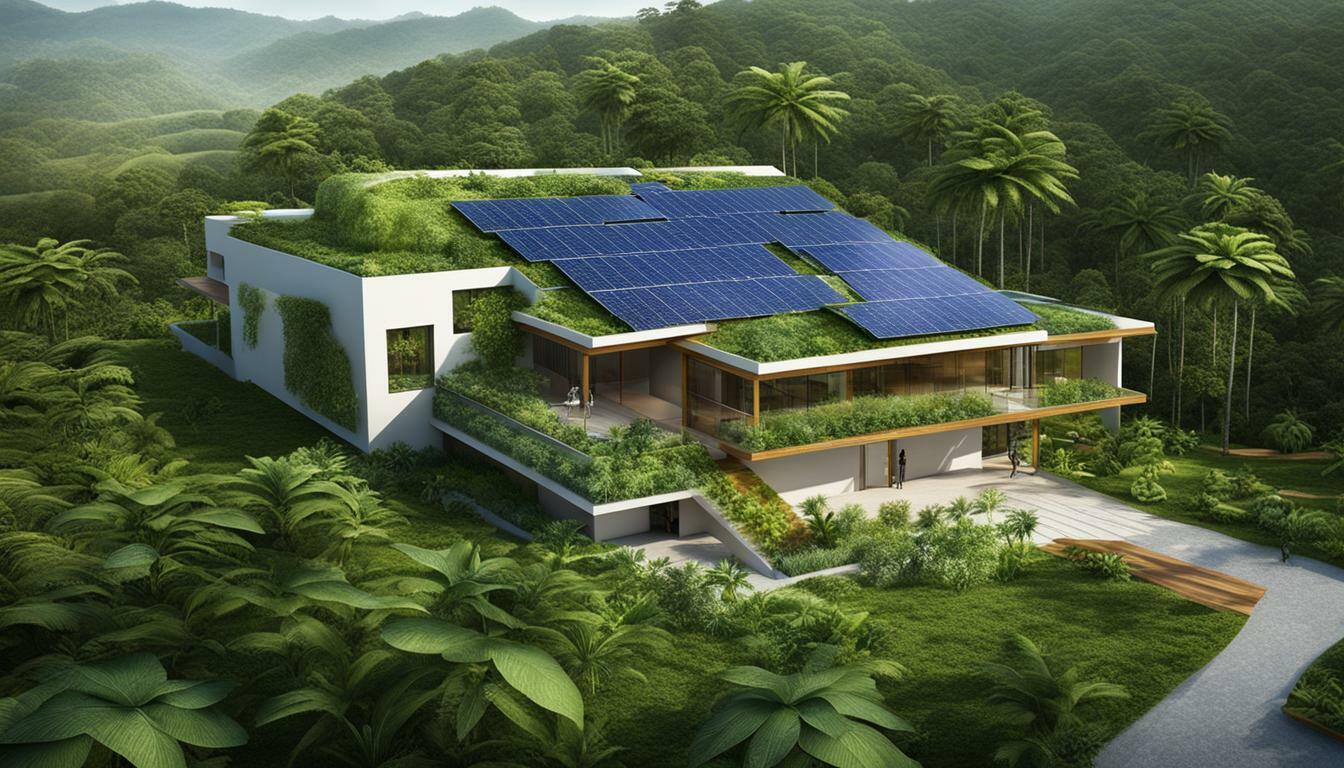



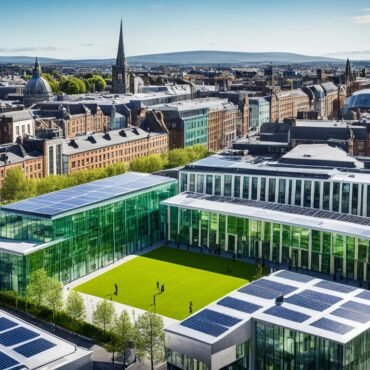
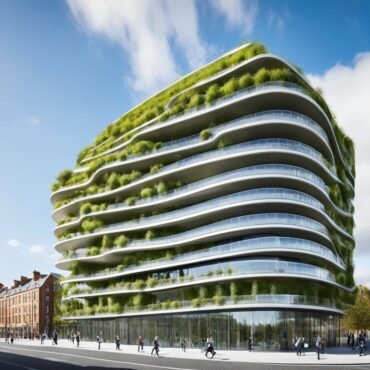




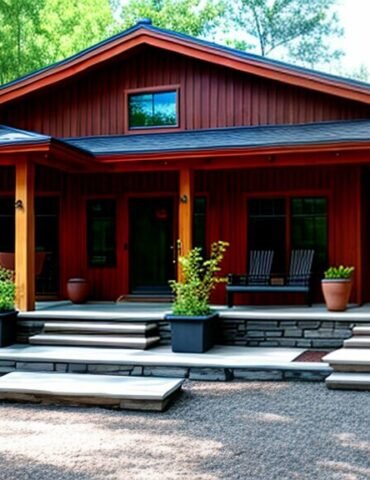

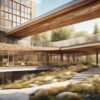
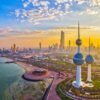

Post comments (0)